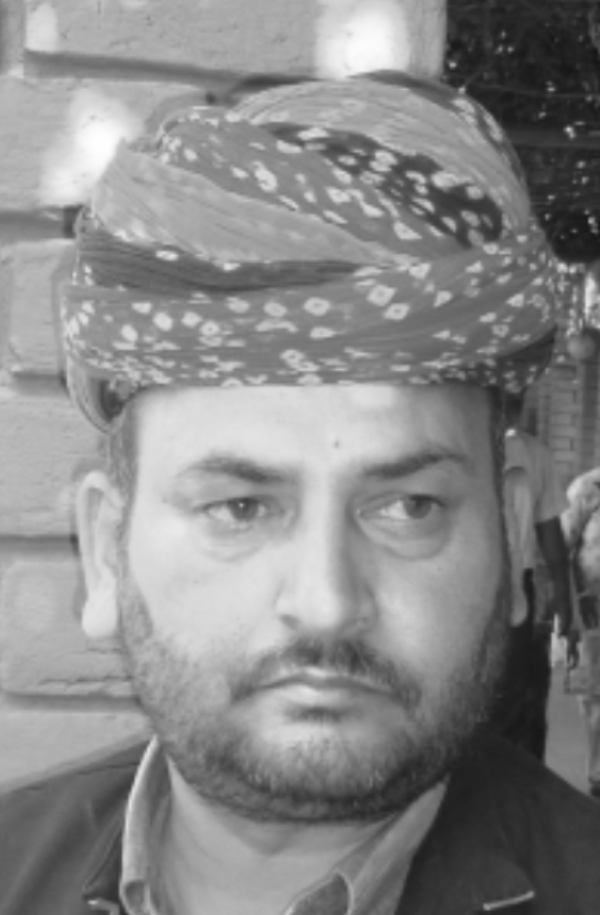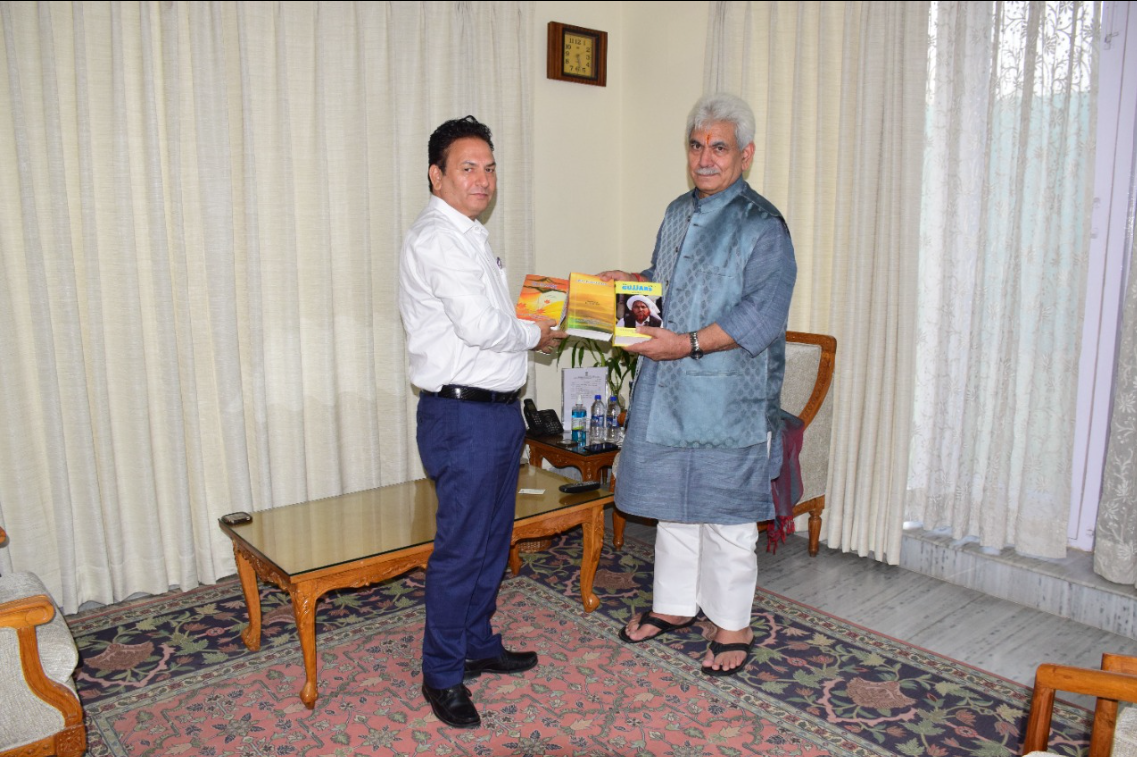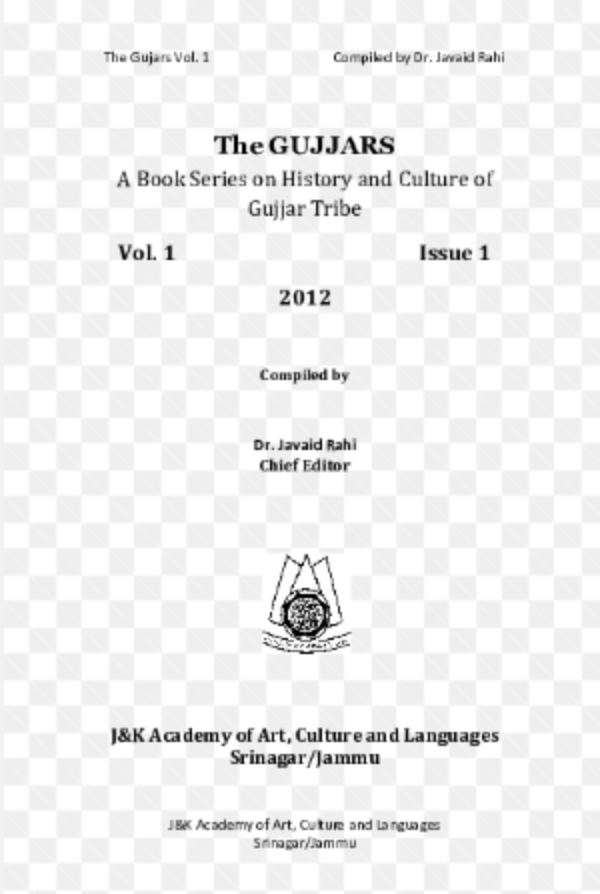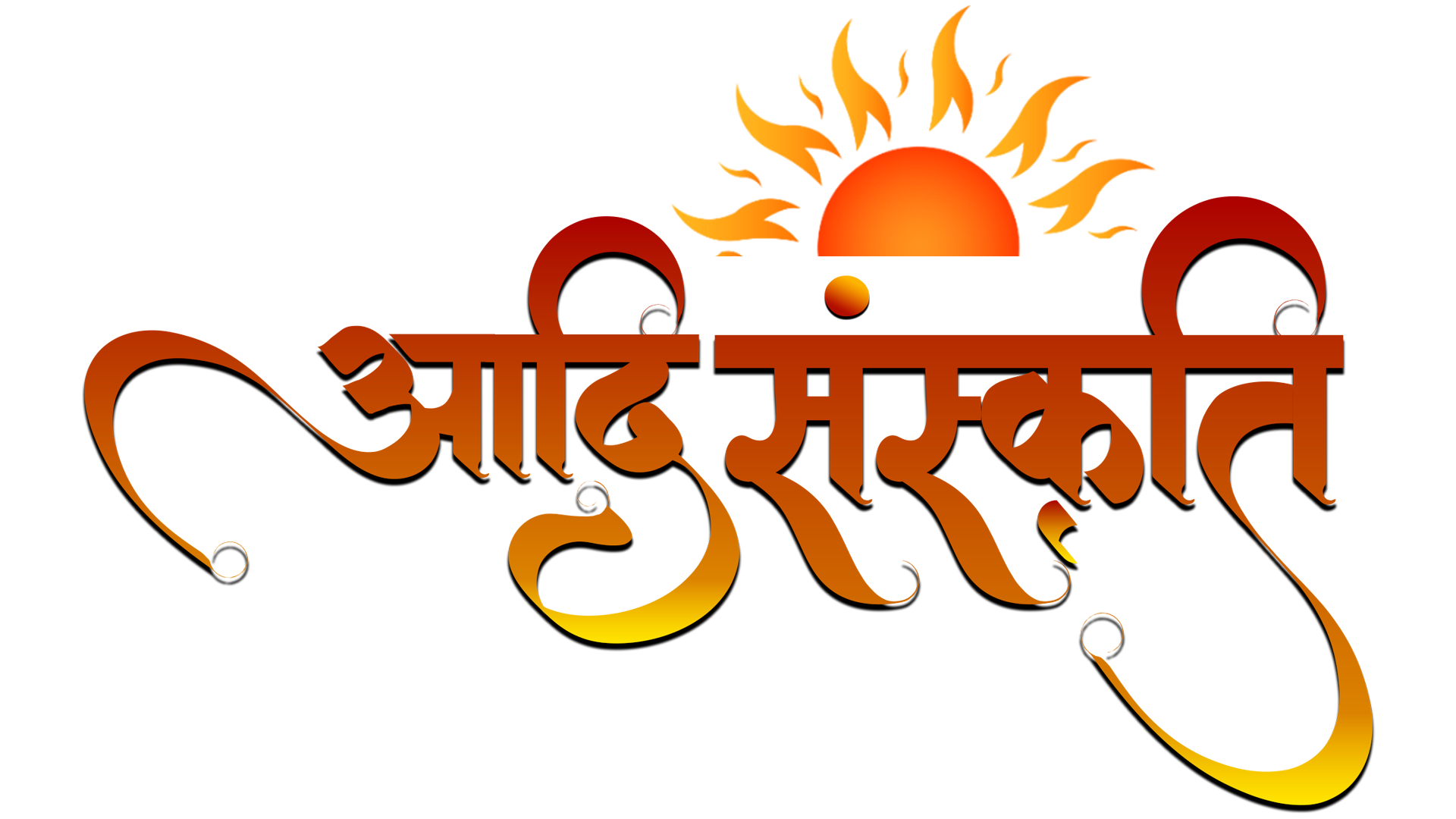
Themes
award winners
JAVED RAHI, jammu & kashmir

Javed Rahi, a noted Indian author, researcher, and social worker, has made a remarkable contribution to tribal literature and cultural studies. He writes in Gojri, Punjabi, and Urdu and has published over two dozen books, editing hundreds. After earning Ph.D. from the University of Jammu, during which he researched tribals' languages in Jammu and Kashmir, he built a foundation for his later work on the preservation and promotion of tribal languages and heritage.

The Gujjars, an indigenous community of Jammu and Kashmir, are pastoralists by tradition with agriculture, animal husbandry, and handicrafts as their mainstay of receiving sustenance. The culture of this particular tribe is very much connected to nature with a firm belief in sustainability and community bonding. Being a Gujjar himself, Javed Rahi has been inspired in his work to document and preserve tribal customs, dialects, and folklore, which in turn have become important sources of information concerning the history and regional heritage of this tribe.

Javed Rahi has been awarded many honors for his devotion toward preserving tribal literature and culture. These include the prestigious “Tribal Award” given by the Government of Jammu and Kashmir and the award presented on the “National Tribal Pride Day.” Several cultural institutions, including the Jammu and Kashmir Academy of Art, Culture, and Languages, have conferred upon Rahi numerous awards for his books, plays, and cultural documentations. His contributions highlight the continuing relevance of indigenous knowledge in the vast cultural canvas of India.

Since 1994, Rahi has worked for the rights of tribal people, especially for bringing constitutional protection to marginalized groups to their notice. Through seminars and conferences, he has aggressively promoted wider application of national policies, empowering tribal people in Jammu and Kashmir. His initiatives led to the passage of the Forest Rights Act and political reservation for Scheduled Tribes in the state. Rahi continues to visit remote tribal areas, educating locals about these rights, ultimately facilitating access to land, resources, and representation.

Rahi's research involvement encompasses landmark projects with agencies like the Jammu and Kashmir Academy of Art, Culture, and Languages and the Tribal Research Institute. Resources have been developed alongside his work and include dictionaries, textbooks, and a Gujari dictionary with 70,000 lexical items. Rahi contributed to curriculum committees for Gojri language programs and has published encyclopedic accounts on the Himalayan Gujjars, thereby reinforcing his compelling work in preserving and promoting tribal knowledge.

